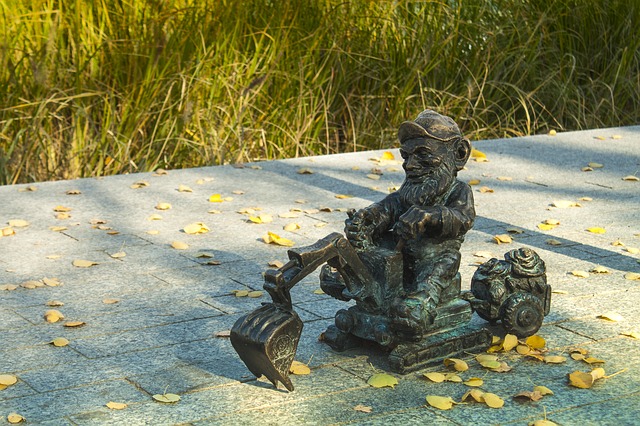by Anupama Krishnakumar
All his life, Manju never had too many people by his side. They were almost always on the other side, as spectators, laughing at him. Mocking at him. What more could he expect when he had been a clown at the Jumbo Circus for a decade now since he joined them in 1978? It was a job that his dwarfism had gifted him and one that he took without a second thought when he was eighteen. As a five-year-old abandoned on the streets of Bengaluru by his bitter parents, and later picked up by a good-natured man and deposited at an orphanage, Manju after all had to shape his own destiny.
Dwarfism gave him ignominy. It gave him a heart full of desires and a head full of dreams. It also gave him the name Kulla. Men, women and children, whether they knew him or didn’t, called him Kulla…the short fellow, so much so that he didn’t even respond when someone (rarely) called him by his original name, Manjunath. Initially, Manju would feel a huge wave of self-pity wash over him whenever people called him Kulla with a condescending or mocking voice. But over the years, much against his own wishes, he accepted that this was a part of his existence, a part of his lacklustre reality, a part of his irreversible identity.
Manju ran small errands for people when he was not touring with the circus. He assisted the mechanics at the garage, he walked down and fetched autorickshaws for folks in his neighbourhood, and he helped old men and women by carrying their heavy shopping bags. He did scores of other small yet what he considered important jobs like helping people fit light bulbs, fix an erroneous motor or even watering somebody’s garden occasionally. Sometimes, people tossed a few coins or notes his way when their job was done but mostly, they didn’t even bother to thank him, forget paying him for what he did for them.
Manju was irked no end when people gave him no respect at all and considered him a dimwit, a good for nothing fellow, someone unworthy of even a look, inspite of all that he did for them. He often thought about how selfish and heartless ‘normal’ humans were, and how insensitive and oblivious they were to the feelings of people who weren’t endowed with regular physical characteristics. How could they think and decide that some people and their lives mattered less?
As much as he pondered over these questions for which he was never going to get answers, Manju was endowed with a fine spirit and a great sense of humour to take things in his stride and get on with life. One evening, as Manju sat at a teashop, sipping hot chai off a tiny glass and smoking a beedi simultaneously, he saw a tricycle goods carrier lying abandoned under the tree opposite to the teashop. It kindled his curiosity. Who could have left it there?
Manju realised over the course of a week that nobody was claiming the abandoned tricycle. Suddenly, he had a plan. That night he left his makeshift hut in the nearby slum and arrived near the tree. As expected, the tricycle remained there. In the stillness of the cold and unsettling night, Manju ensured that he took ownership of the orphaned tricycle.
It was a Monday morning and at a busy junction in Yeshwantpur of the 1980s, there was a curious crowd peering devotedly at something. There was a tricycle, with some cardboard boxes propped up to give it a makeshift roof and inside this strange arrangement, was a framed picture of Lord Krishna. There was also a small diya inside, glowing serenely and an agarbathi that was slowly emitting a divine fragrance. There were two bowls – one carrying some Kumkum and the other some Chandan (sandal). There was a plate filled with flowers. Another plate had some coins and currency notes. People who passed by, halted, closed their eyes, put their hands together and muttered prayers under their breath, without even worrying that it was a busy junction. And after they were done praying, they dutifully deposited a few coins into the plate as part of the ritual.
The strange temple that had sprouted all of a sudden caused quite a buzz in the neighbourhood and many started thronging the place to catch a glimpse of this rather unique place of worship. However, in a span of two days, the temple disappeared from the junction. The next morning, people spotted it under a tree in one of the smaller lanes nearby. Not surprisingly, there was a lot of excitement in the area as people stopped, prayed and deposited money. Some even fell to the ground in obeisance. But hidden behind the tricycle, invisible, thanks to his small stature, stood Manju, all tickled and smiling. He stood feeling proud about this respect, indirect though it was, that he was receiving and was thrilled about all the money on the plate. Revenge, thought Manju, not without a streak of vengeance, was indeed sweet…sweeter than he had expected.





